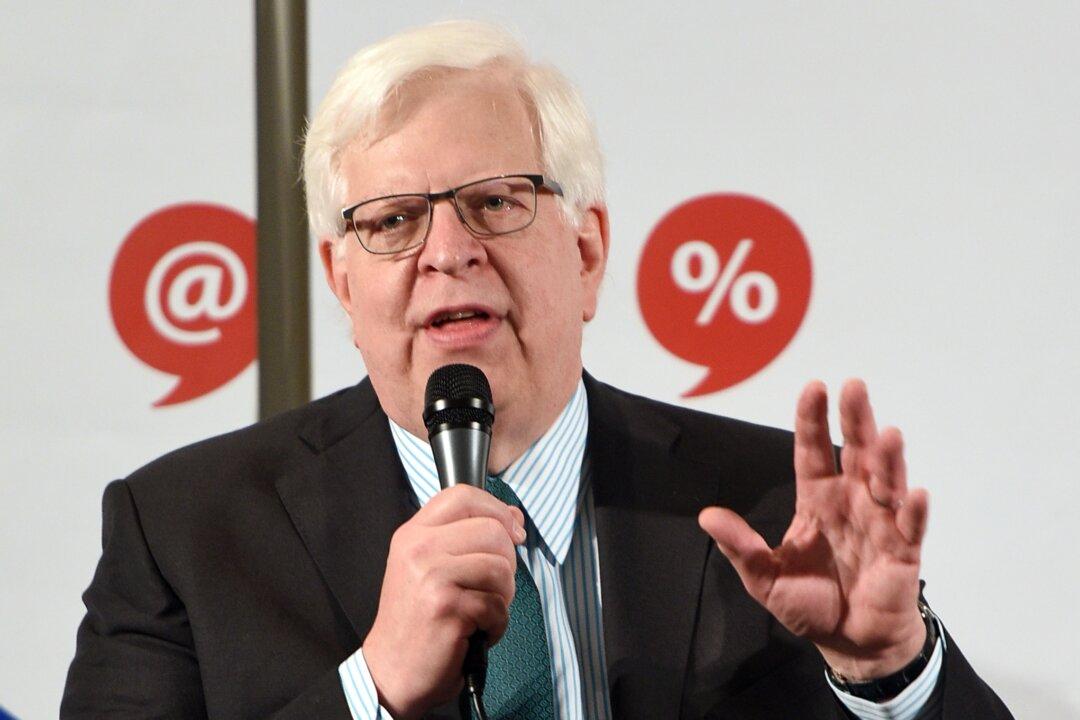Facebook severely penalized PragerU, a nonprofit organization that produces conservative educational videos, only to remove the penalties and apologize a day later, after saying the sanctions were a mistake.
On Aug. 17, PragerU social-media influencer Will Witt posted a screenshot on his Facebook page indicating that whatever PragerU posted on Facebook after 9 p.m. on Aug. 16 had been shown to virtually none of its more than 3 million followers.





